Welcome Service Region Stuttgart
We help international professionals and students to settle in the region – at the Welcome Center Stuttgart, at our consultation hours in Böblingen, Esslingen, Waiblingen, Göppingen and Ludwigsburg, or by telephone or e-mail!
We support companies in recruiting and integrating foreign professionals.
Take advantage of our free consultation service, we look forward to hearing from you and will be happy to help!
Our services for
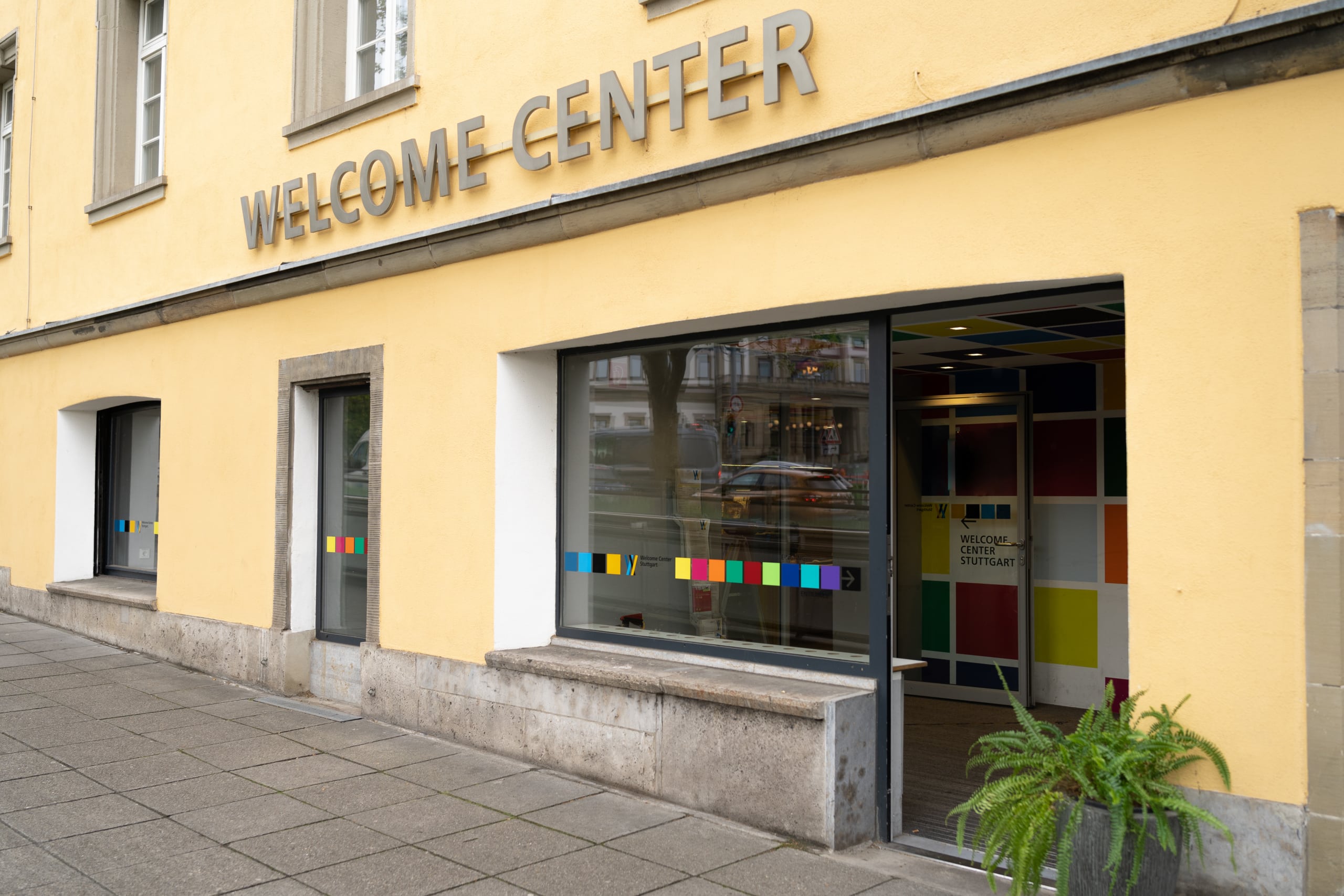 © ebruli fotografie
© ebruli fotografie
Welcome Center Stuttgart
Are you new to the Stuttgart Region and would like personal advice? Come to the Welcome Center Stuttgart, the joint advice center of the Stuttgart Region Economic Development Corporation (with the Welcome Service Region Stuttgart) and the City of Stuttgart.
We advise international professionals and new citizens about arriving, living and working in the Stuttgart Region.
Events

Next Level Nachfolge: So gelingt die Firmenübernahme!
Beim After-Work-Event „Next Level Nachfolge“ sprechen Unternehmerinnen und Unternehmer offen und praxisnah über ihre Erfahrungen mit der Firmenübernahme.
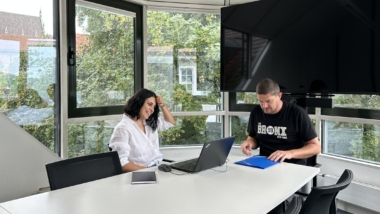
Sprechstunde des Welcome Service Region Stuttgart in Göppingen
Beratung für internationale Fachkräfte, Studierende und Unternehmen der Region Stuttgart
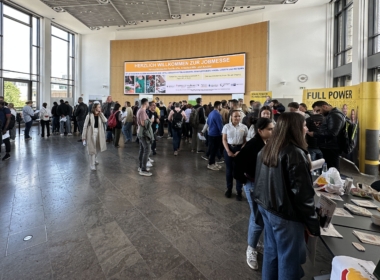
Jobmesse für ausländische Fachkräfte, Auszubildende und Hilfskräfte
Arbeitgeber*innen stellen sich und ihre offenen Stellenangebote vor

Jobmesse für ausländische Fachkräfte, Auszubildende und Hilfskräfte
Arbeitgeber*innen stellen sich und ihre offenen Stellenangebote vor

Sprechstunde des Welcome Service Region Stuttgart in Esslingen am Neckar
Beratung für internationale Fachkräfte, Studierende und Unternehmen der Region Stuttgart
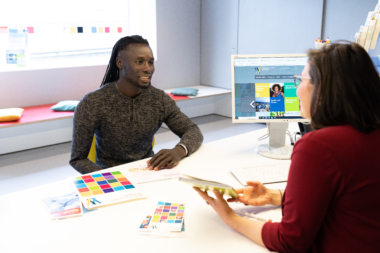
Sprechstunde des Welcome Service Region Stuttgart im Rems-Murr-Kreis
Beratung für internationale Fachkräfte, Studierende und Unternehmen der Region Stuttgart
News

Sommer in der Region Stuttgart: Musik, Filme und Vielfalt unter freiem Himmel
Summer in the Stuttgart Region: Music, Movies and Diversity in the Open Air
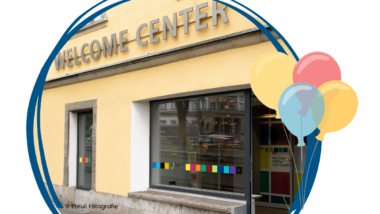
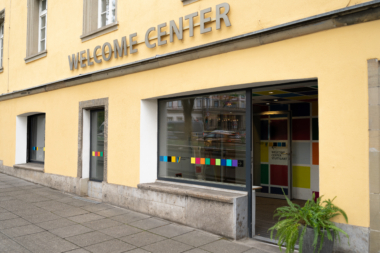

Next Level Nachfolge: So gelingt die Firmenübernahme!
Beim After-Work-Event „Next Level Nachfolge“ sprechen Unternehmerinnen und Unternehmer offen und praxisnah über ihre Erfahrungen mit der Firmenübernahme.

Sommer in der Region Stuttgart: Musik, Filme und Vielfalt unter freiem Himmel
Summer in the Stuttgart Region: Music, Movies and Diversity in the Open Air

Sprechstunde des Welcome Service Region Stuttgart in Göppingen
Beratung für internationale Fachkräfte, Studierende und Unternehmen der Region Stuttgart


Jobmesse für ausländische Fachkräfte, Auszubildende und Hilfskräfte
Arbeitgeber*innen stellen sich und ihre offenen Stellenangebote vor

 © contrastwerkstatt – Fotolia
© contrastwerkstatt – Fotolia
Job search
Are you looking for an internship, a position for your thesis or are you looking for the right company to work for?
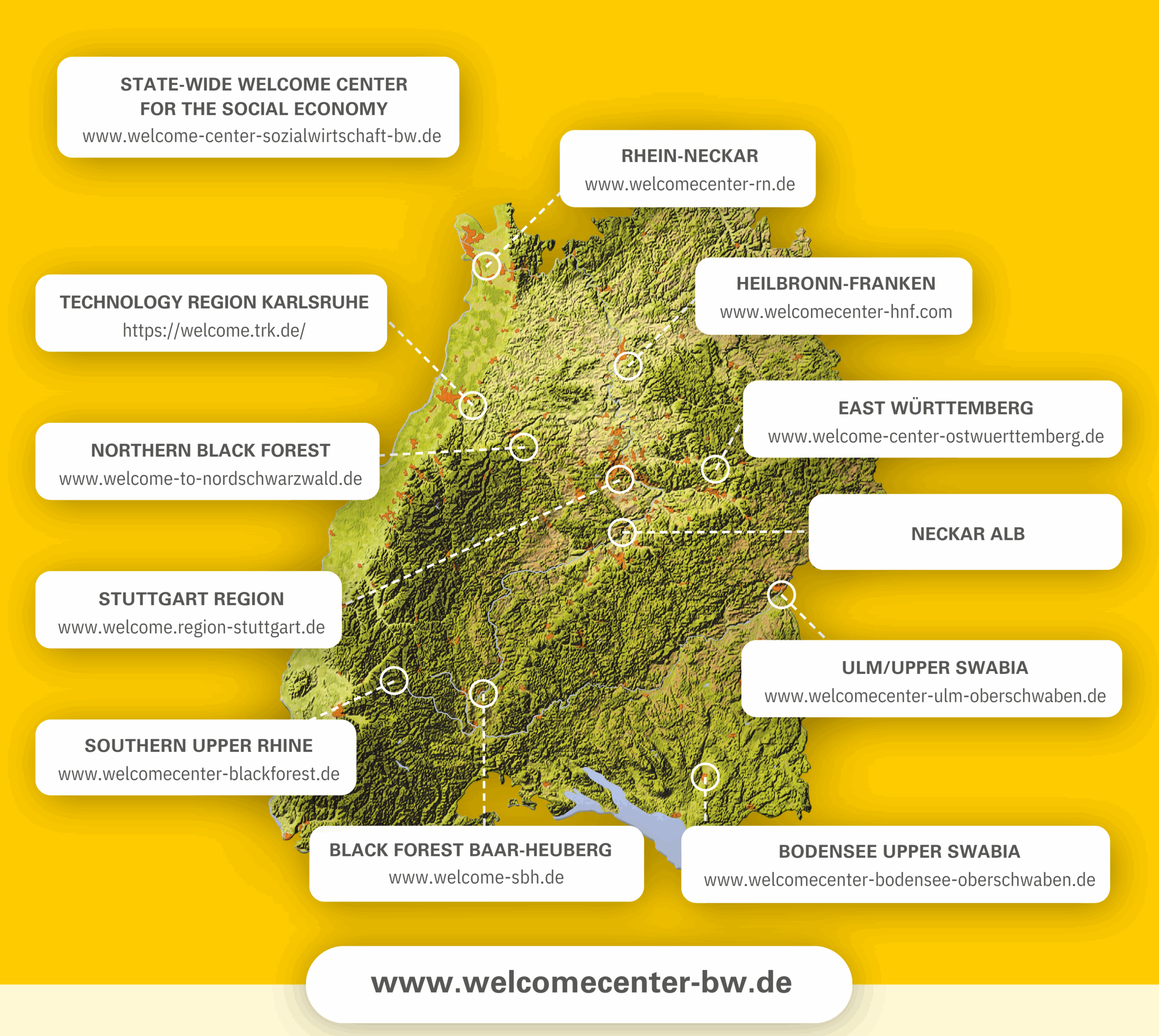 © Arid Ocean – stock.adobe.com
© Arid Ocean – stock.adobe.com
Welcome Centers in Baden-Württemberg
The Ministry of Economy, Labor and Tourism has been supporting the establishment of Welcome Centers in Baden-Württemberg since 2014.
There are currently twelve Welcome Centers in Baden-Württemberg working together across the state – eleven Welcome Centers for all professions and sectors and one Welcome Center for the social economy (for professionals in the fields of care, health and education).
Please contact the Welcome Center in your region or district you are living or willing to work.
Sponsors and supporters
The Welcome Service Region Stuttgart is offered by Stuttgart Region Economic Development Corporation (WRS), funded by the Ministry of Economy, Labor and Tourism Baden-Württemberg.
The WRS is part of the Skilled Professional Alliance Stuttgart Region. We develop our offers in close cooperation with the partners of the Alliance.



